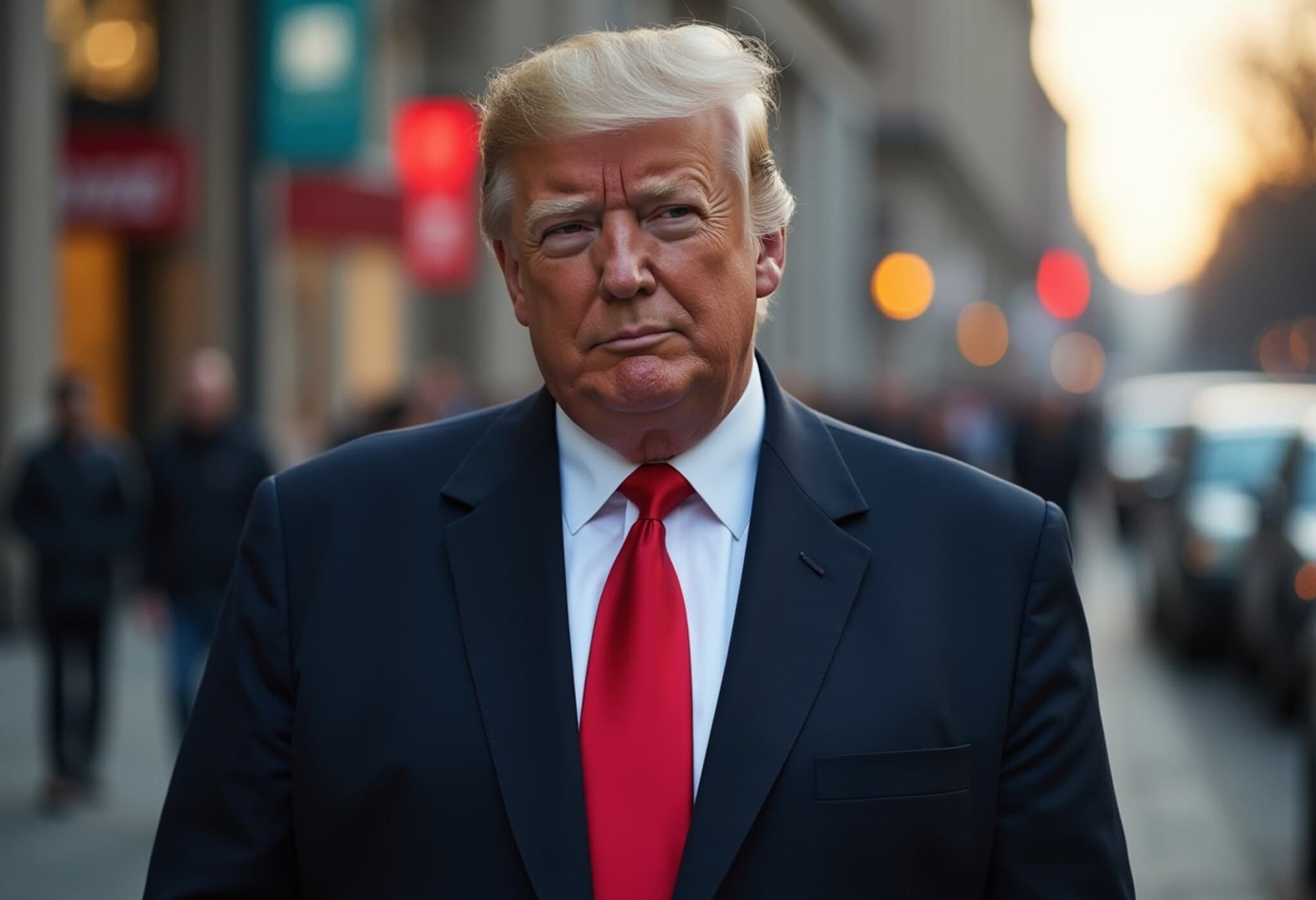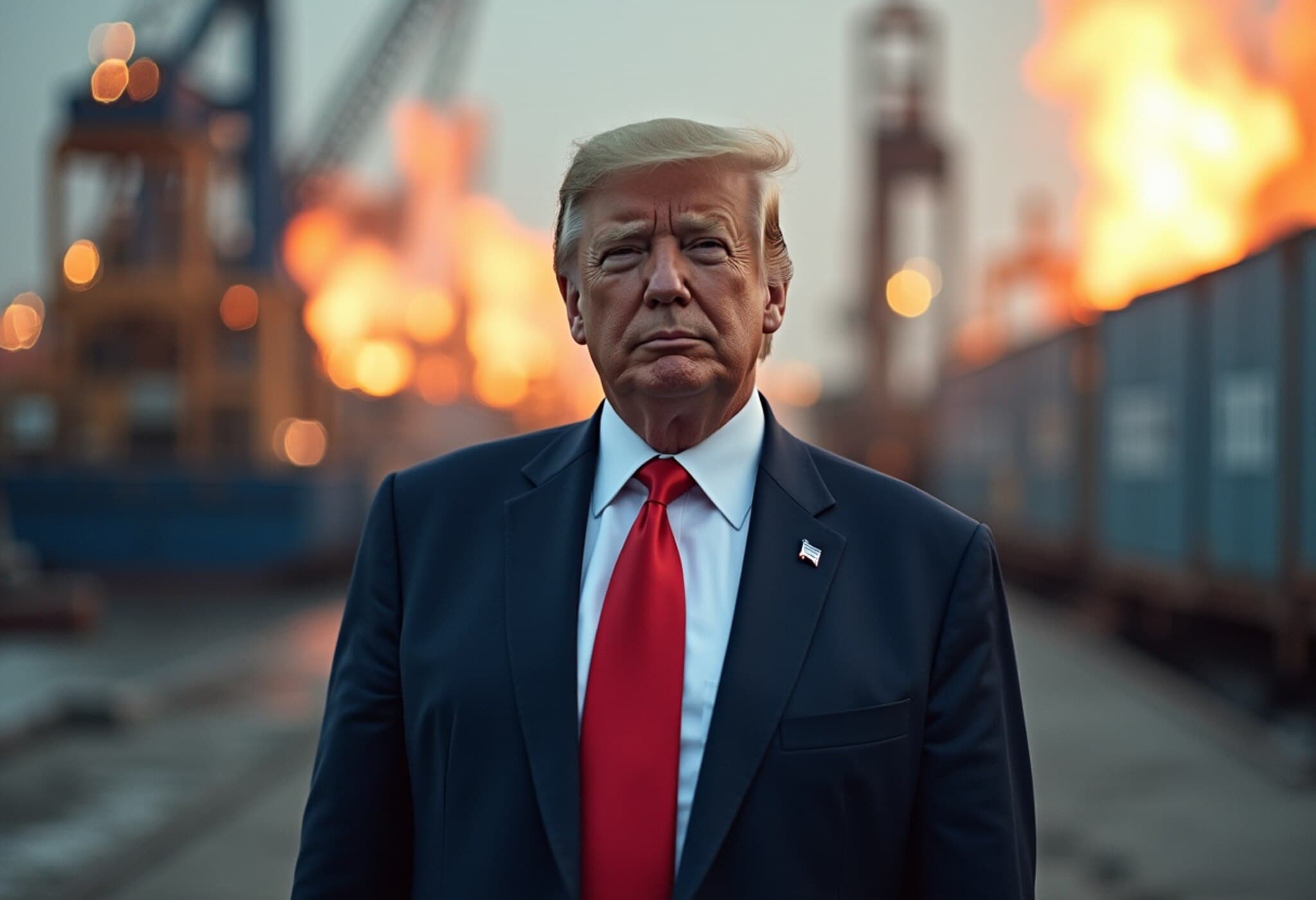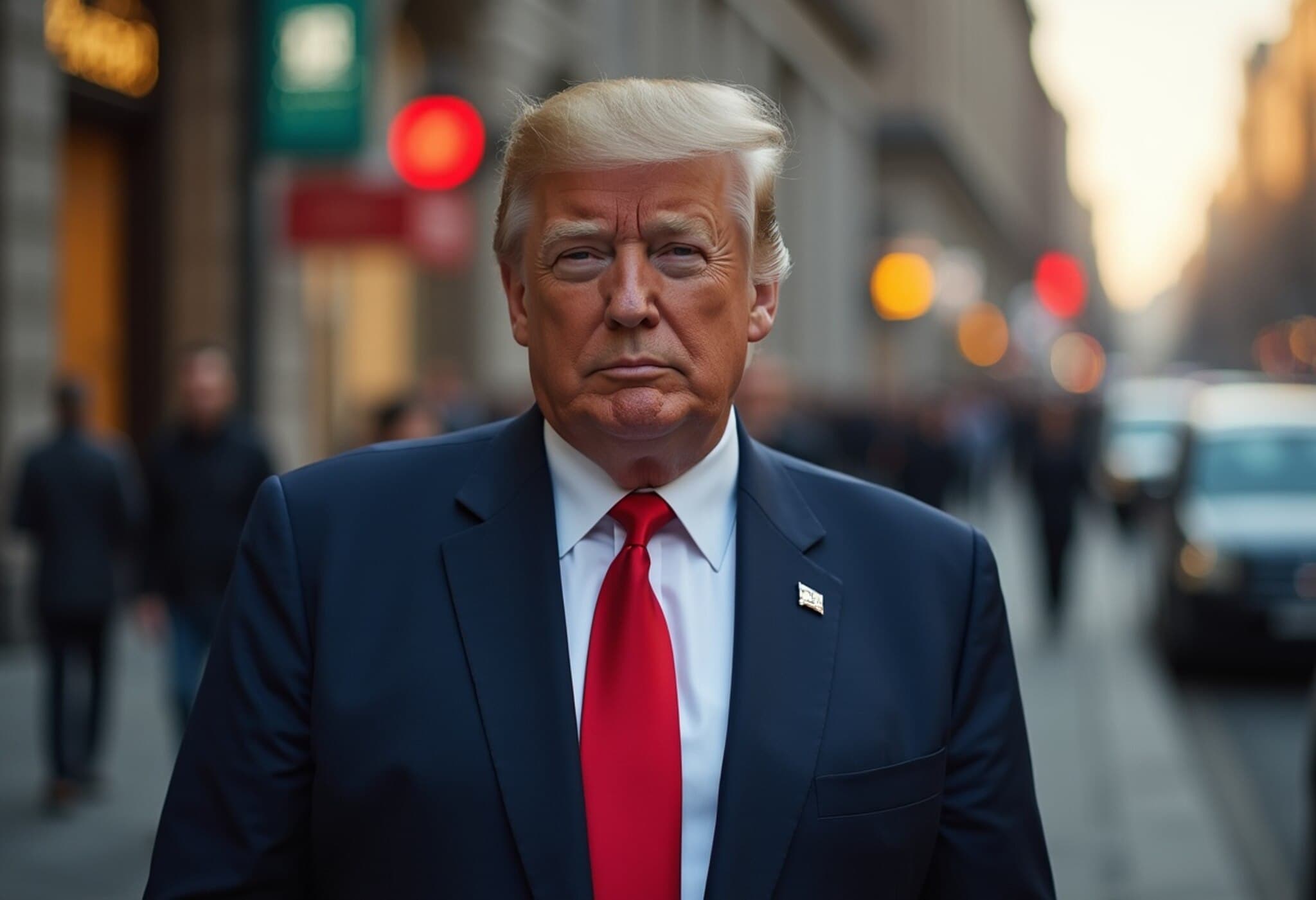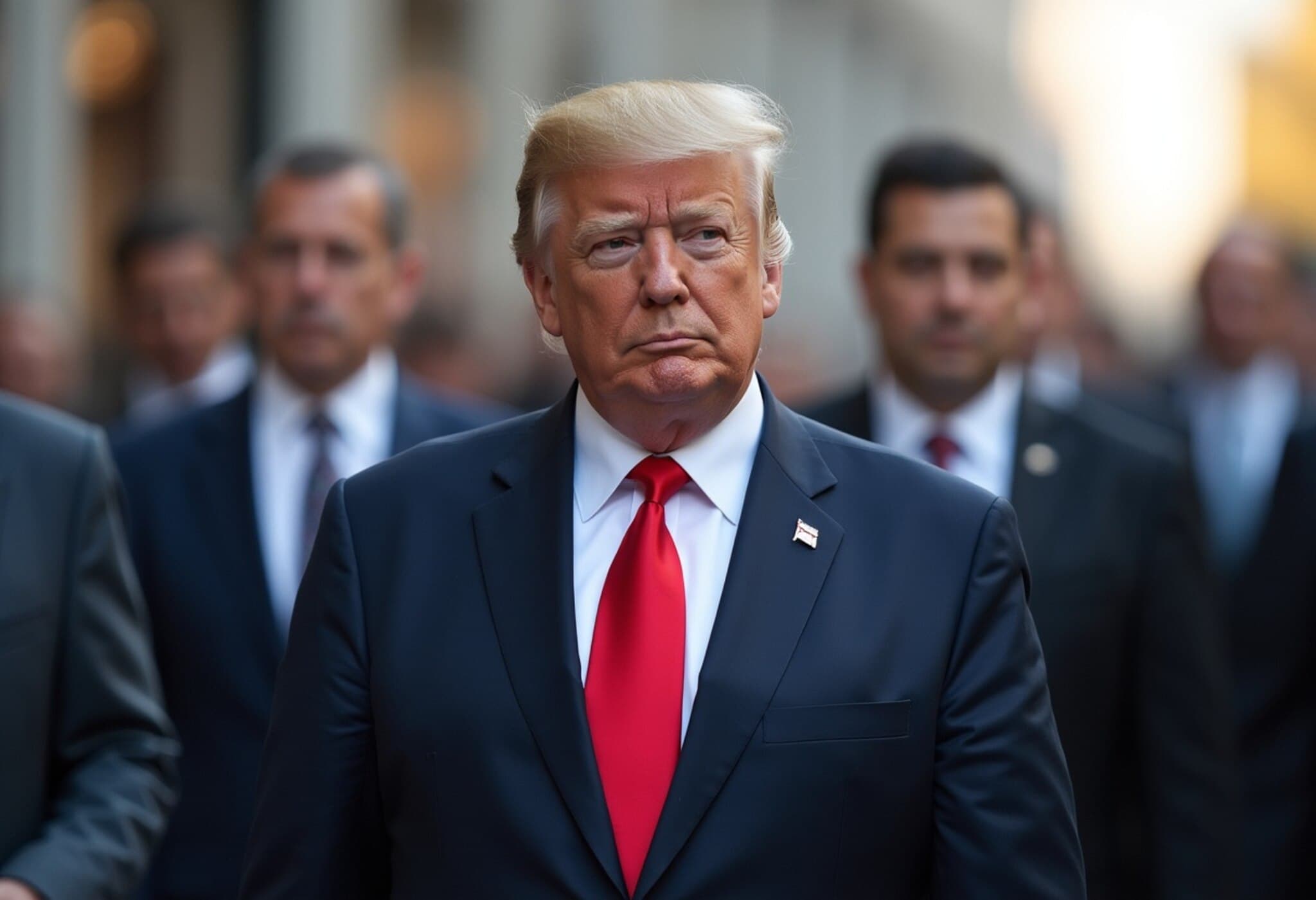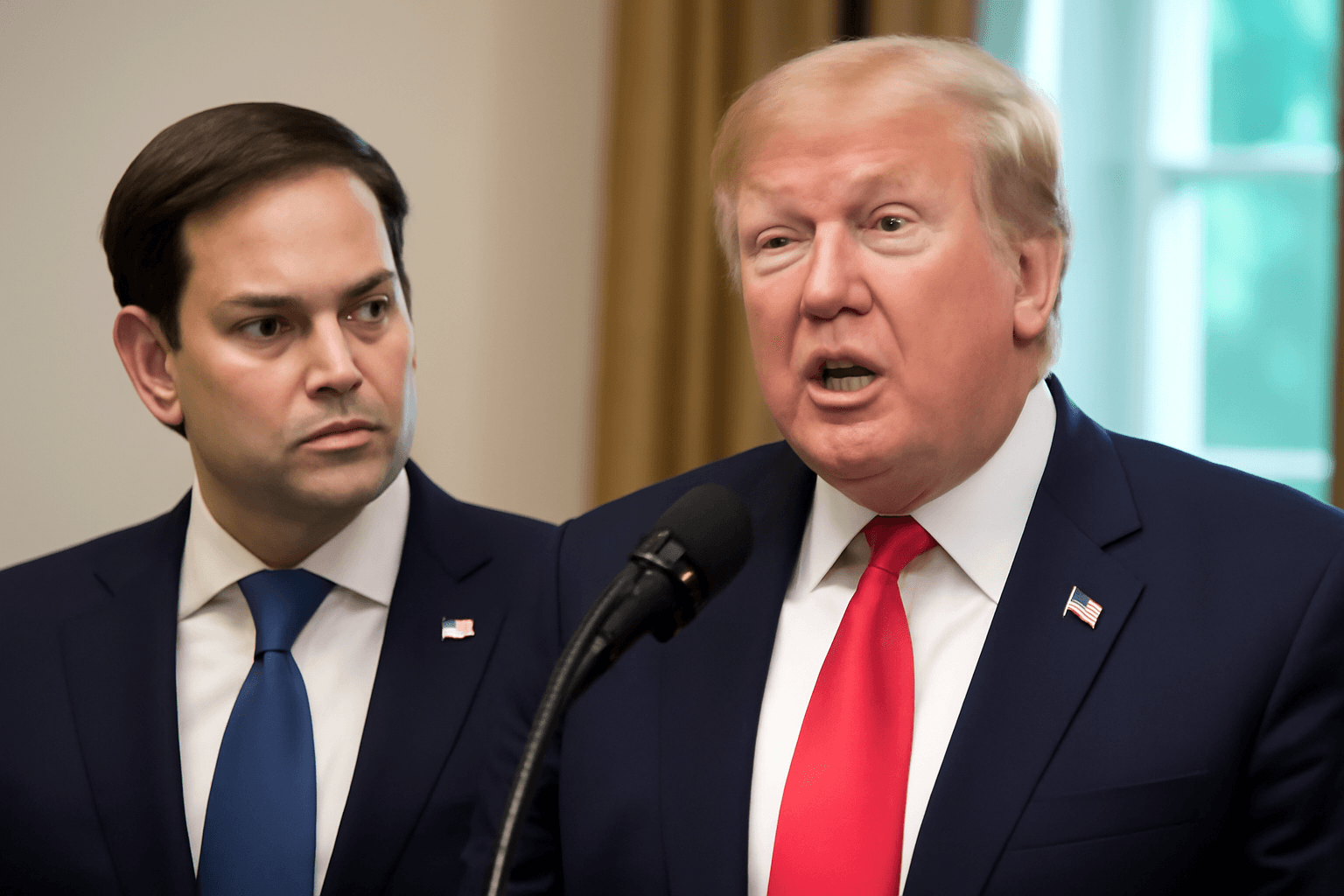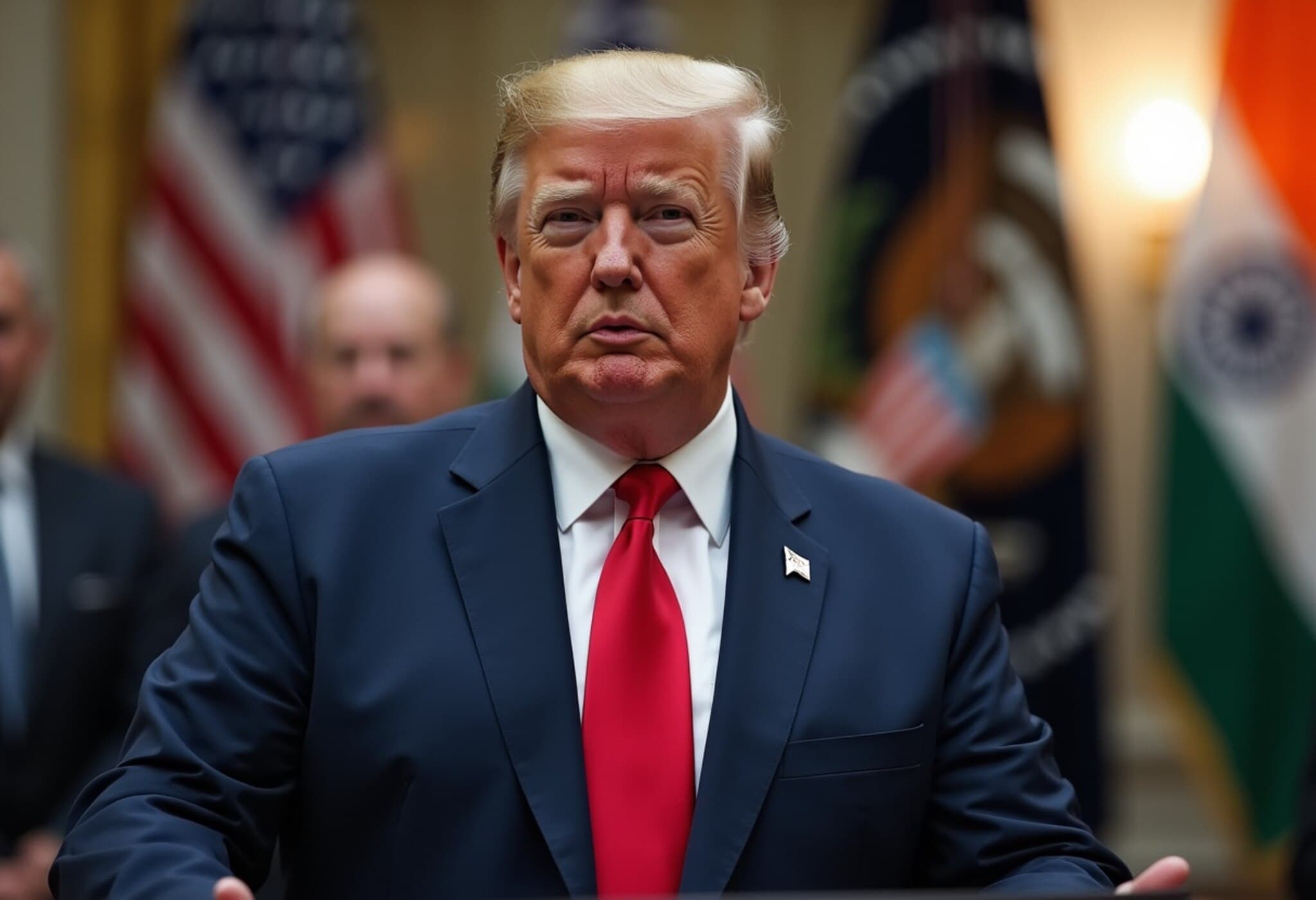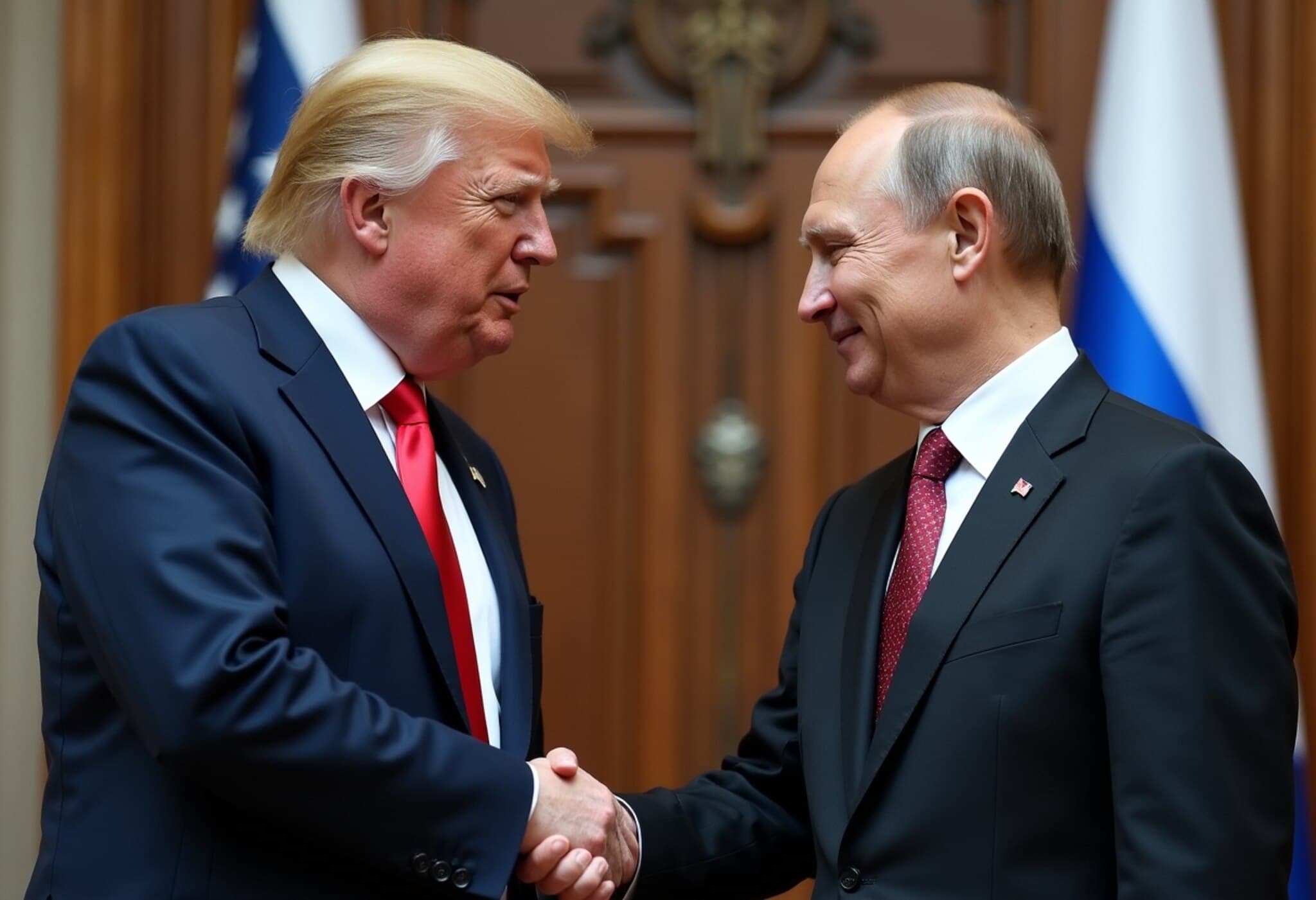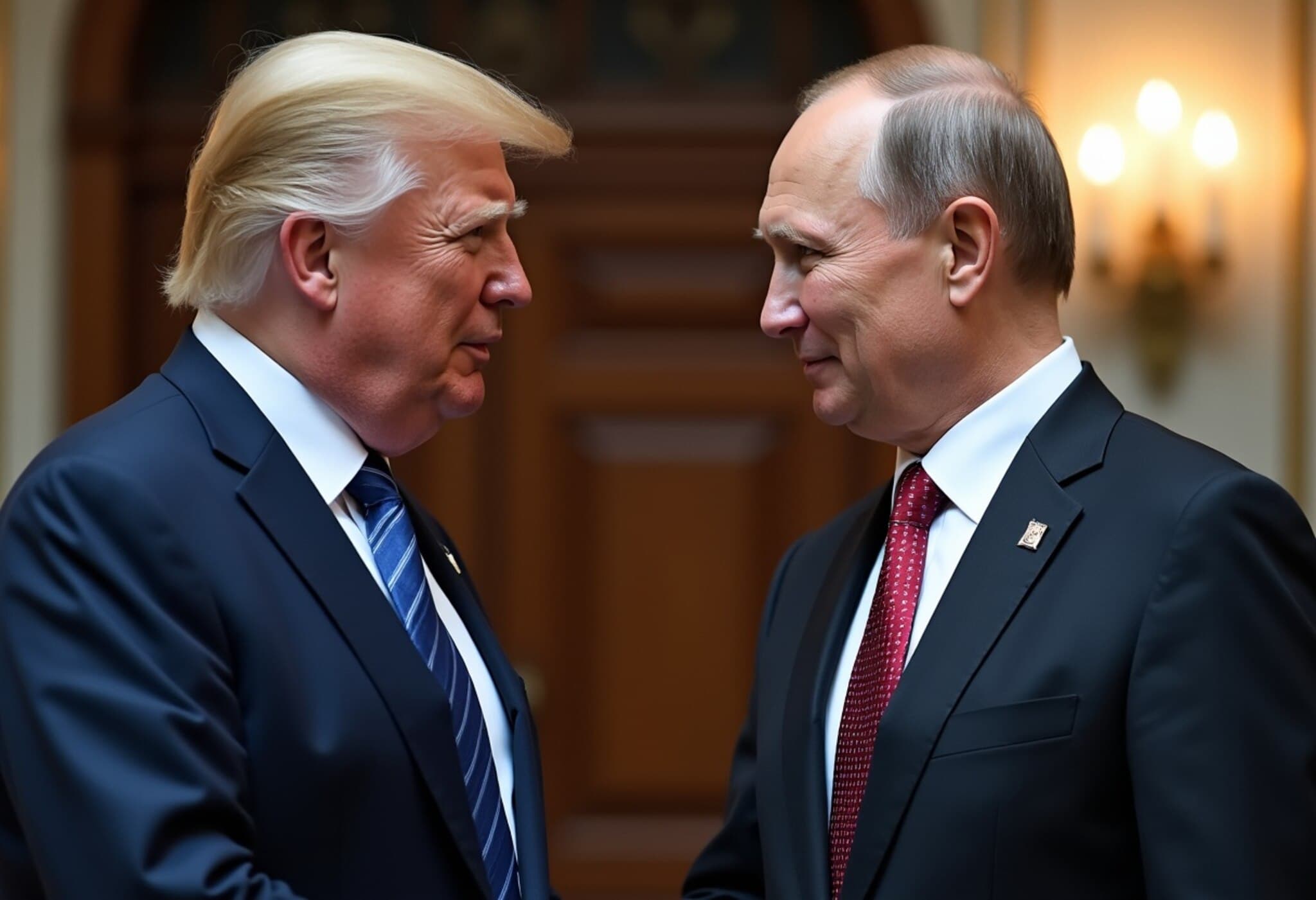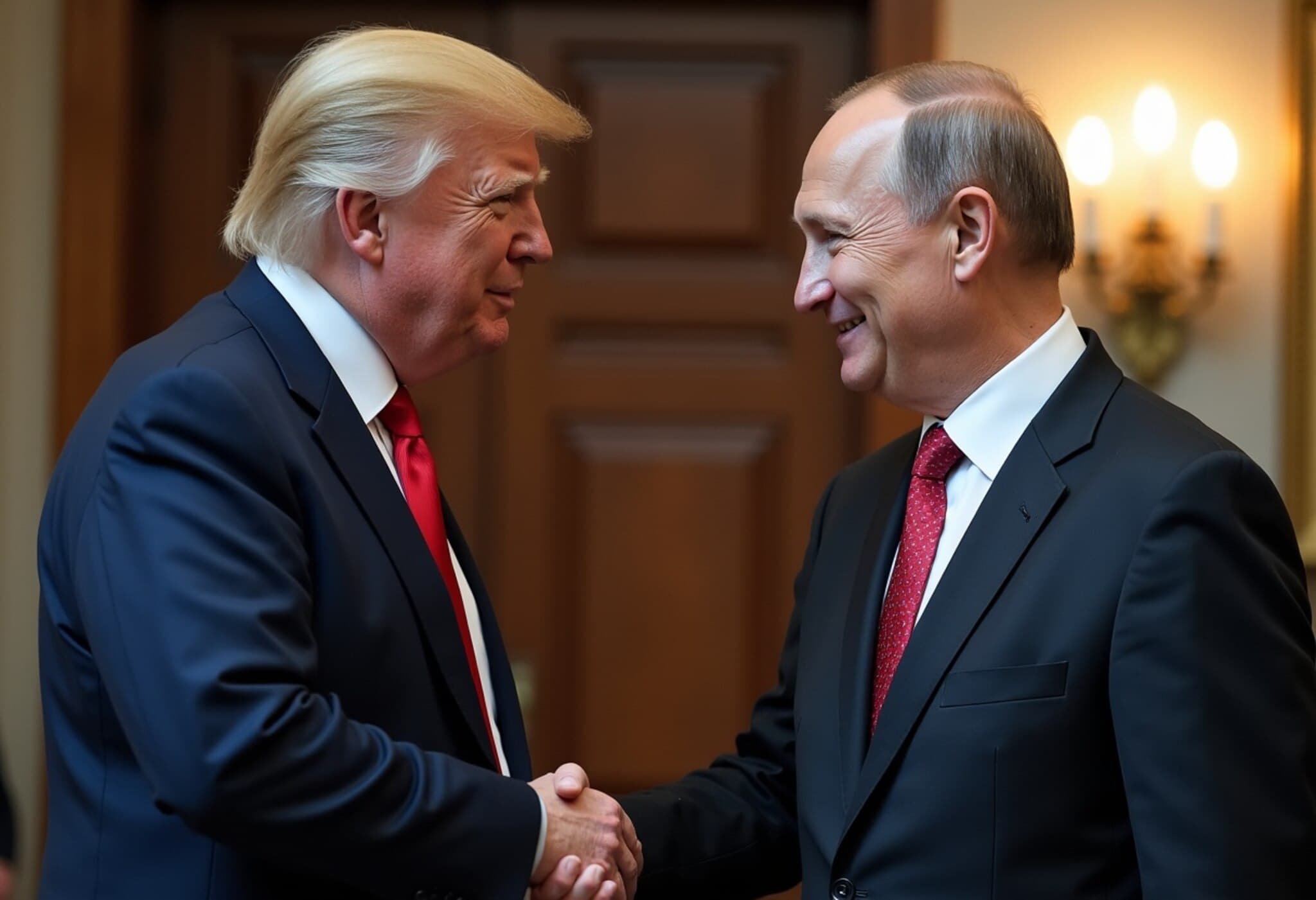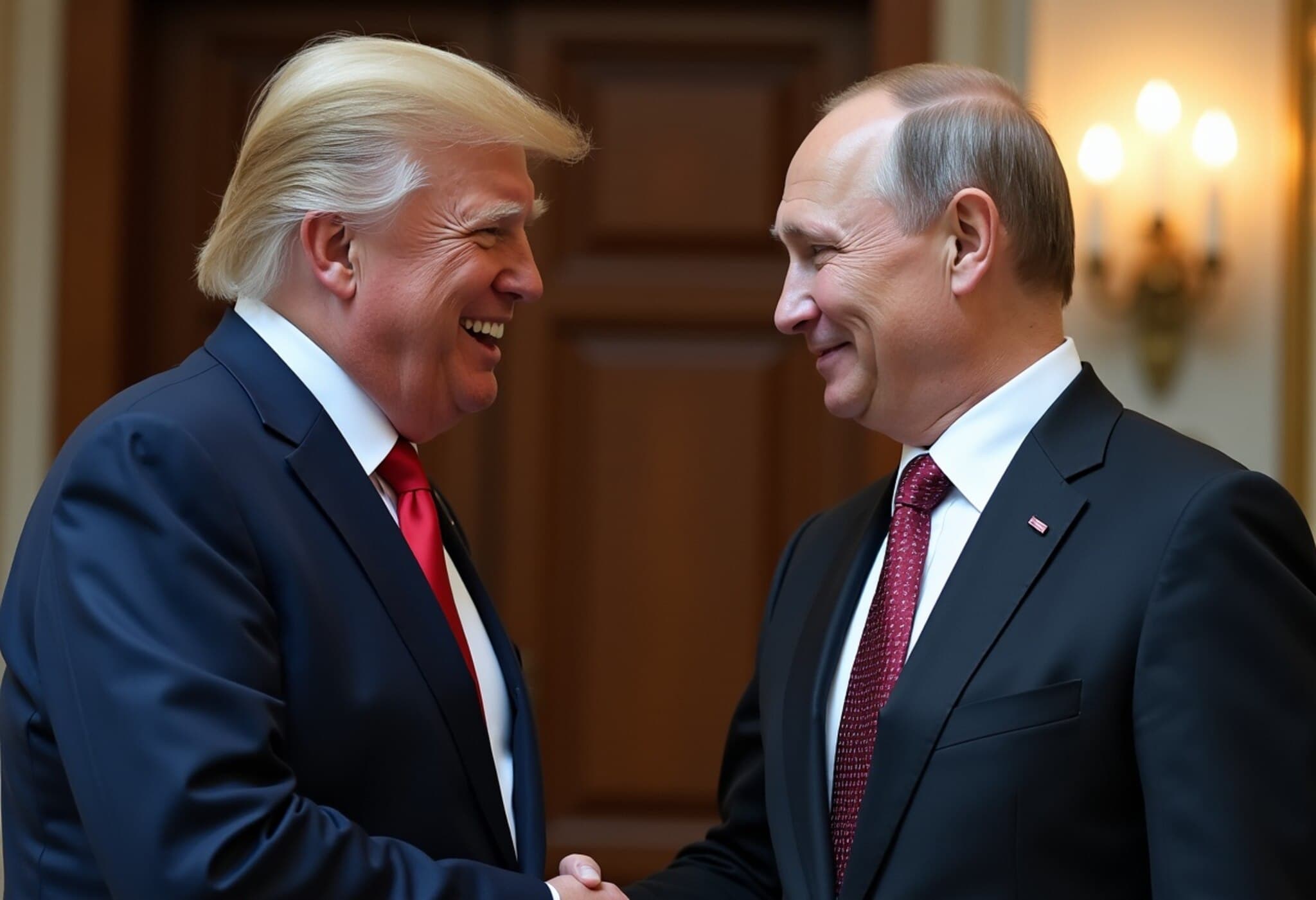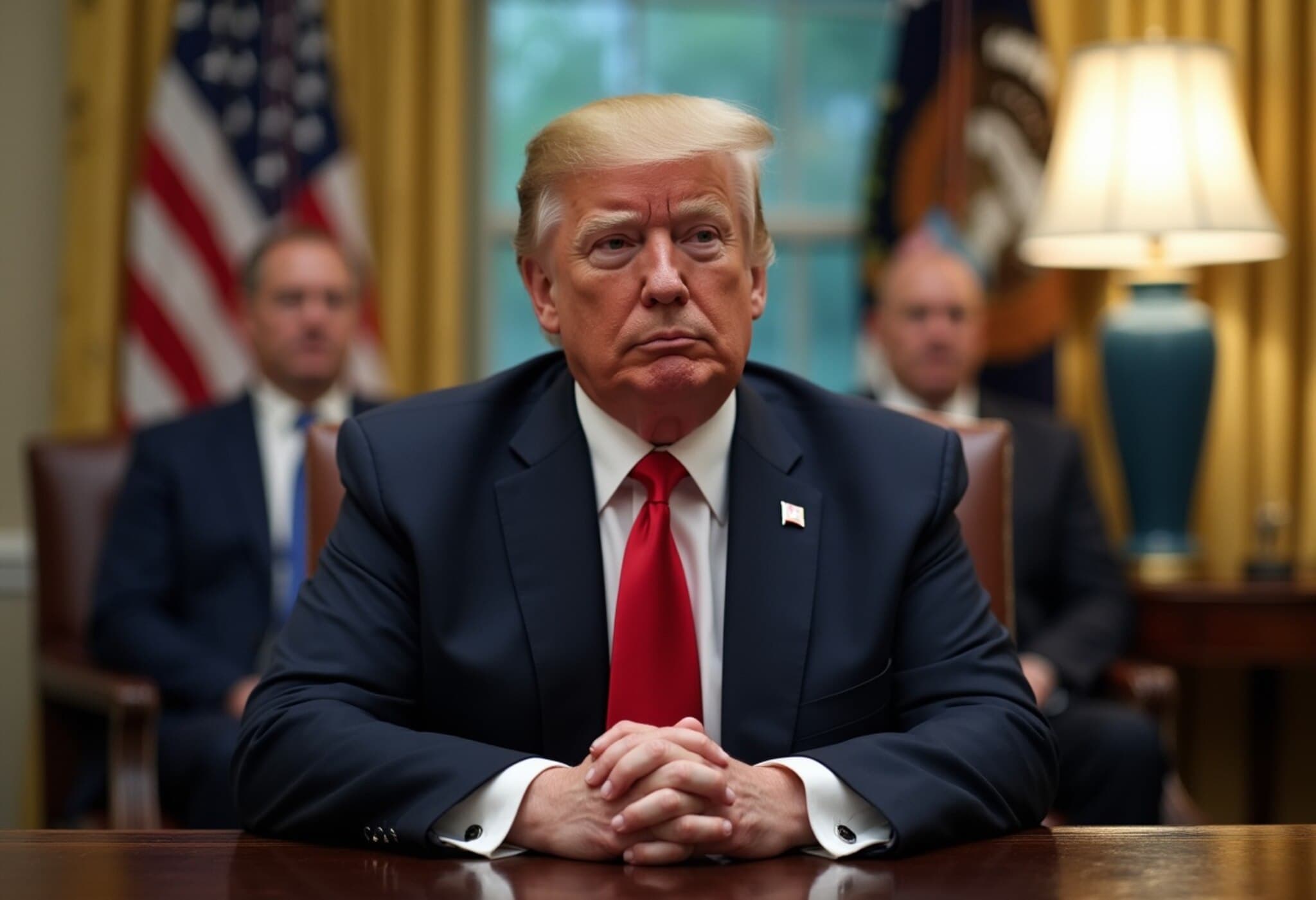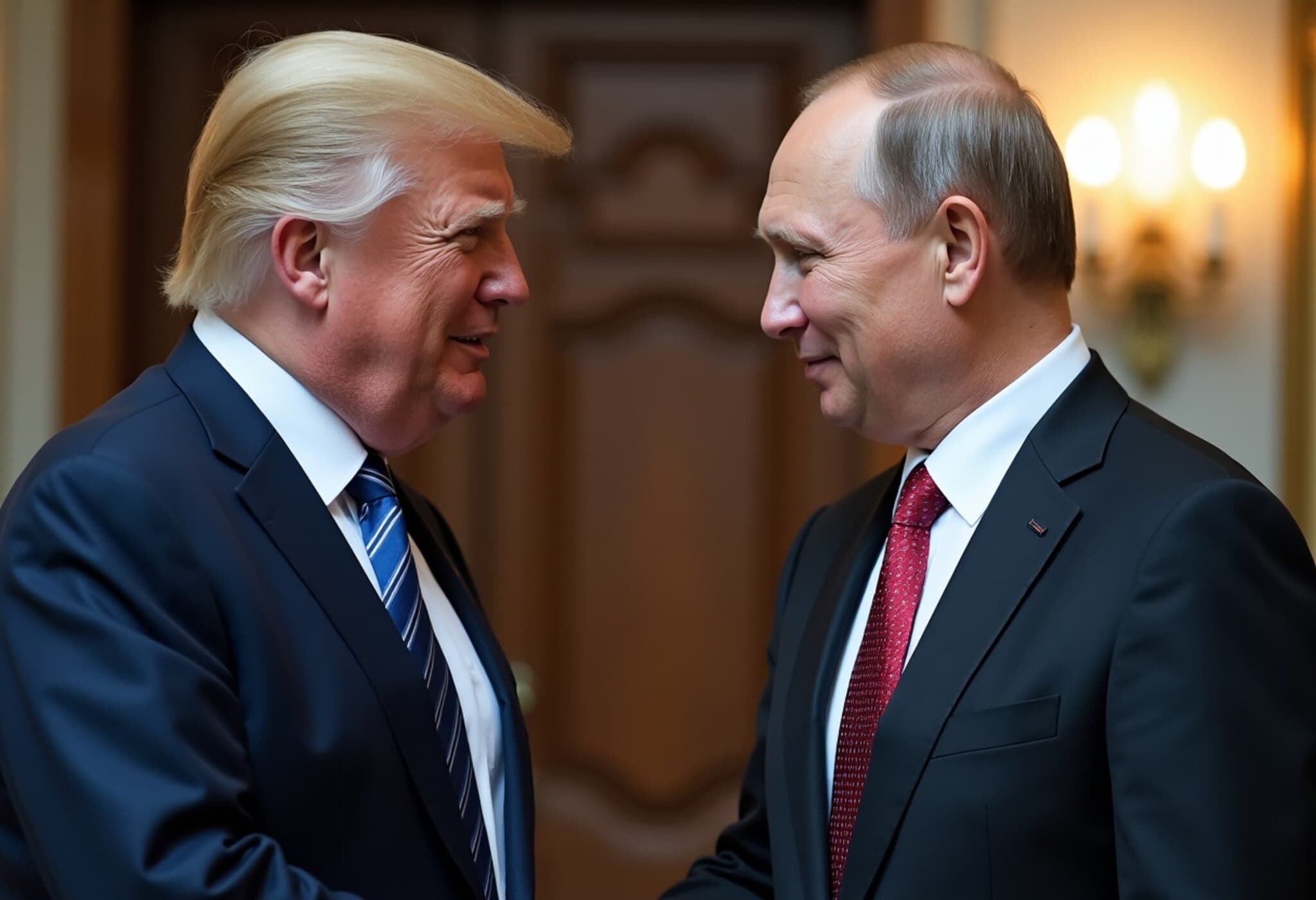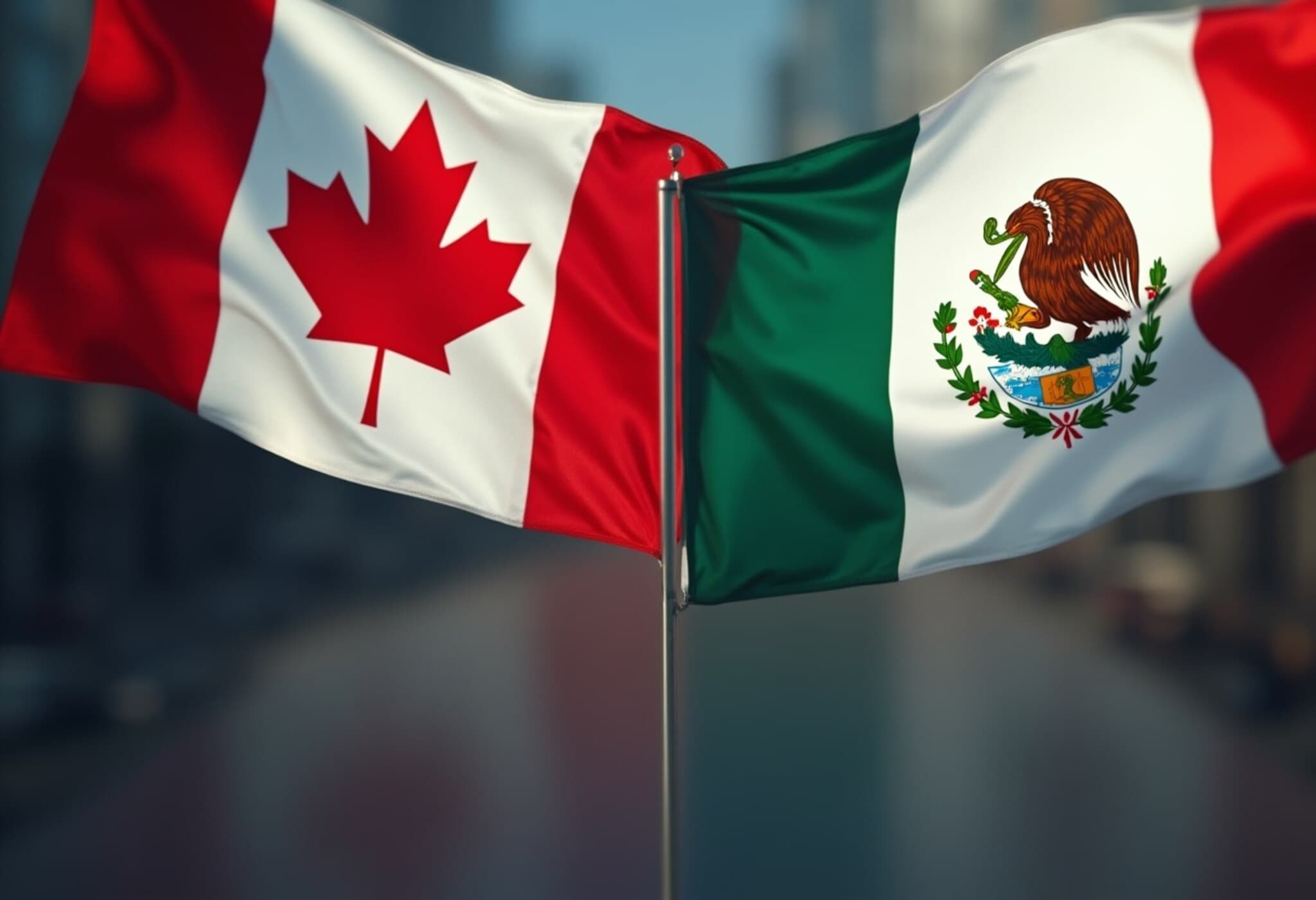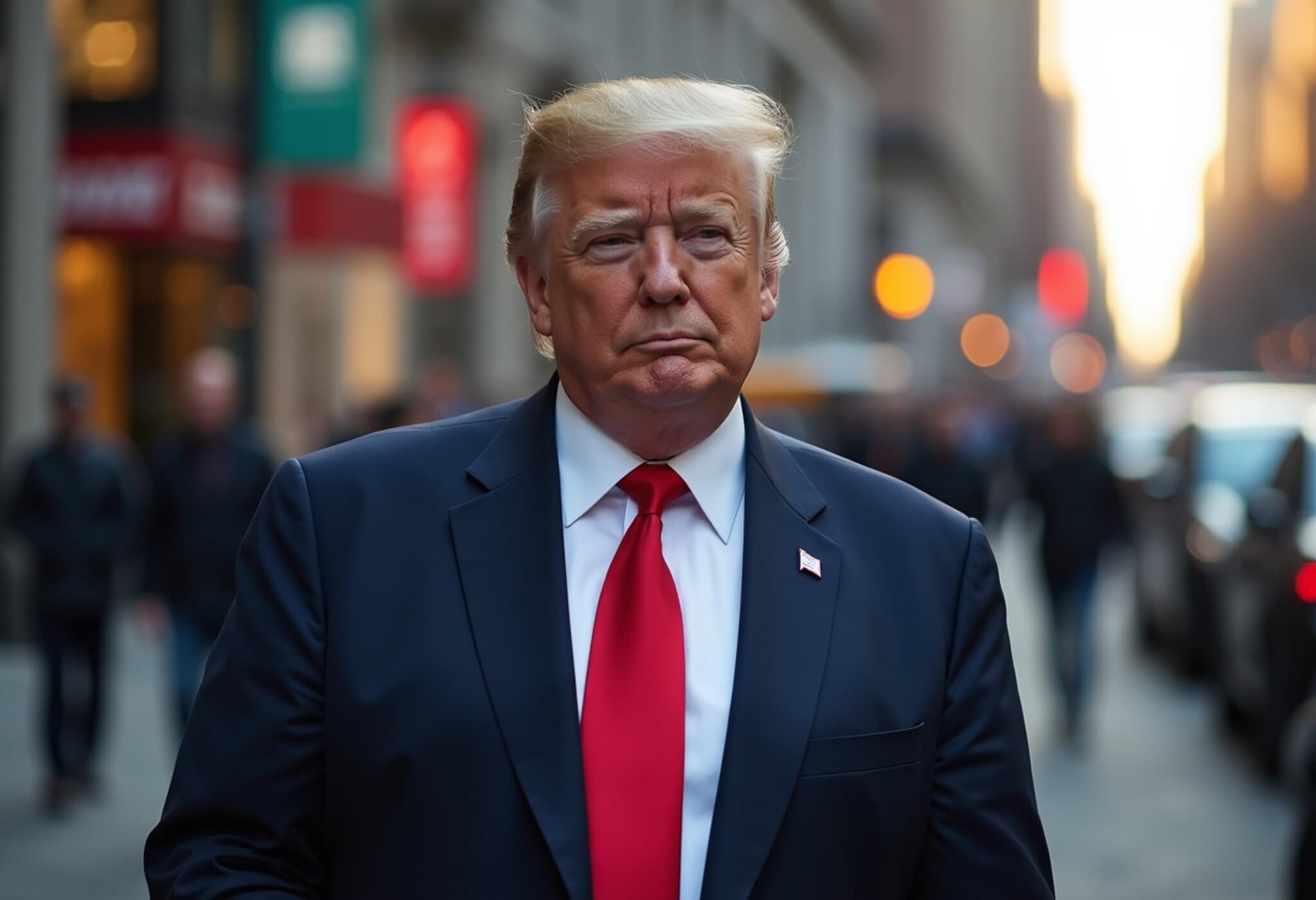Trump’s Weapon Sales to Ukraine: The Hidden Profit Behind the War
As the conflict between Russia and Ukraine continues to dominate global headlines, recent revelations suggest that former US President Donald Trump has leveraged the war to generate significant personal and governmental revenue. Contrary to earlier accusations targeting India for profiting from the crisis, it is Trump who has been identified as the key profiteer, earning an estimated 10% commission on weapon sales to Ukraine.
Unpacking the Allegations: India vs. Trump
US Treasury Secretary Scott Bessent initially accused India of capitalizing on the war by buying Russian oil at discounted prices and reselling it, reportedly accruing about $16 billion in "excess profits." However, Bessent’s recent disclosures inadvertently shifted the spotlight onto Trump. According to Bessent’s comments broadcasted on Fox News, weapons are being sold to European intermediaries, who then supply them to Ukraine, with Trump reportedly taking a 10% mark-up on these transactions.
This revelation reframes the narrative around war profiteering, challenging the simplistic attribution of economic gains to India and instead highlighting complex arms trade networks involving American interests.
Military Involvement and Private Gain
Experts emphasize that Trump’s approach essentially transforms aspects of US military involvement into a privatized enterprise, placing a tangible price tag on America's security guarantees to Ukraine. By opting out of deploying ground troops and focusing instead on air support—potentially operating from NATO ally Poland—Trump balances political risk while maintaining lucrative financial interests.
- Trump has ruled out ground troop deployment in Ukraine but remains open to sending American warplanes to provide air cover.
- The 10% commission on weapon sales could function as a revenue source offsetting the costs of air support.
- Trump’s potential offer to provide Article 5-type security guarantees outside existing NATO frameworks could further entrench US involvement economically and strategically.
Contextualizing the Economic and Policy Implications
The war in Ukraine has strained US finances, especially amidst ongoing tax cuts and rising government expenditures. Trump's leveraging of weapon sales serves dual purposes: propping up American defense manufacturing and replenishing government coffers without direct congressional appropriations. But this raises critical questions about accountability and the ethics of profiting from war.
Moreover, this shift underscores America's evolving defense-industrial complex, where private profits increasingly intersect with public military commitments. It also highlights potential policy tensions between hawkish security postures and domestic economic management.
Underreported Narratives and Critical Questions
While India’s energy policies during the conflict have attracted scrutiny, the undercurrent of profiteering among Western political figures like Trump deserves greater investigative focus. This story urges journalists and policymakers to consider:
- What legal frameworks govern commissions or mark-ups on arms sales by private individuals with prior governmental authority?
- How do such financial arrangements impact diplomatic relations and perceptions of neutrality?
- What transparency mechanisms exist to monitor profits derived directly or indirectly from ongoing conflicts?
Addressing these questions is essential to untangling the complex web of war economics and ensuring that geopolitical conflicts do not become avenues for unchecked personal enrichment.
Looking Ahead: The Role of the US in Ukraine’s Security
Trump’s openness to air-based intervention and conditional security guarantees signals a potential recalibration of US strategy in Eastern Europe. By offloading ground combat responsibilities onto European allies while maintaining decisive air power and economic influence, the US could be carving out a new hybrid approach to military engagement—one deeply intertwined with economic incentives.
For American taxpayers and global observers alike, this model raises profound policy and ethical considerations about the costs and beneficiaries of war.
Editor’s Note:
This investigation into Trump’s 10% commission on Ukraine weapon sales reveals much about the intersection of geopolitics, economics, and personal profit. As global conflicts persist, it is crucial to scrutinize not only the battlefield dynamics but also the financial frameworks that sustain them. Readers are encouraged to reflect on how profit motives influence military policy and consider the broader implications for democratic accountability and international norms.

